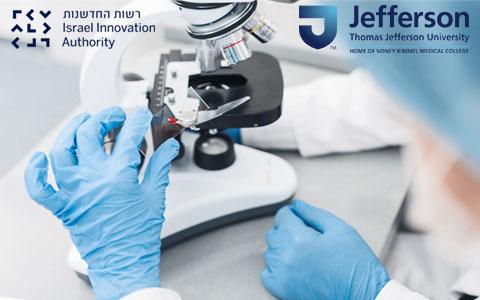The challenges of implementing NMV/r and how Seegnal can help
In a recent study published in the Annals of Internal Medicine, researchers compiled evidence-based recommendations in consultation with European and North American clinicians and pharmacologists for recognizing and managing drug-drug interactions (DDIs) with Nirmatrelvir–Ritonavir (NMV/r).
Seegnal’s exclusive capabilities enable it to identify about 20% additional unique important drug-drug interactions involving the recently approved COVID medications that are not recognized/fired by legacy solutions.
The outbreak of COVID-19 more than two years ago brought the world to a stop. Today, NMV/r treatment is available to a growing number of patients with COVID-19 who are high-risk. Despite being a breakthrough treatment for COVID-19, it is associated with a high risk for clinically significant drug-drug interactions (DDIs).
A large survey performed on a huge sample of the Israeli population revealed that 63-75% of those over 60 are at increased risk of having such severe DDIs (i.e., between their existing medications and NMV/r).
There are many challenges affecting the implementation of NMV/r to treat COVID-19, the most significant of which are:
- practitioners’ inexperience with prescribing the medications
- limited management options (home isolation, accessing investigations, short intervention window, and difficult dose adjustment)
- unrecognized DDIs or their toxicity.
With these challenges in mind, expert clinicians and antiviral pharmacologists from Europe and North America were brought together to create pragmatics recommendations for managing DDIs with NMV/r.
Risk management strategies
The main strategies to safely use and manage risk with NMV/r is full medical reconciliation including over-the-counter medication, herbs, and recreational drugs as well as using specialized sources to screen patient information to identify possible risks.
Efficiently performing medical reconciliation and screening patient information is the key to a safe and successful rollout of NMV/r to combat COVD-19.
Managing risk with Seegnal
This is where the Seegnal platform comes in. Seegnal is a smart and intuitive clinical decision support platform that empowers clinicians to quickly & effectively manage and resolve patient-specific Drug Related Problems (DRPs).
Seegnal interfaces with the Electronic Medical Record (EMR) or any other relevant platform and incorporates the widest scope of relevant data into an intuitive, all-in-one, patented interface.
Furthermore, Seegnal informs the clinicians about the best practices/how to mitigate the potential NMV/r related risks, as well as suggesting proper alternative medications
Seegnal significantly reduces the risks in managing COVID medications, giving practitioners greater piece of mind and protecting patients.

Seegnal’s first deployment in United Arab Emirates
15/11/2021
Abu Dhabi Stem Cells Center (ADSCC) and Seegnal eHealth Ltd (Seegnal) have signed an Integration, Licensing and Collaboration Agreement to deploy Seegnal’s innovative and globally groundbreaking clinical decision support platform as their drug-related problems (DRPs) solution.
DRPs cause huge health and financial burden across the globe (e.g., the 4th mortality cause in the US) and thus, DRPs assessment is routinely mandated at the point-of-care (e.g., hospitals, clinics) and when dispensing medications (e.g., pharmacies). However, current solutions are massively (>98%) overridden by clinicians due to lack of personalization, high (>98%) percentage of false alerts, being unbearably time consuming and due to their inability to assess up to 50% of critical patient data.
The Abu Dhabi-based ADSCC is a world-renowned provider of advanced medical services and treatments. Its goal is to provide state-of-the art medical care, to enhance patient-specific treatments (e.g., by leveraging pharmaco-genetic assessments, AI/ML), cellular therapies and regenerative techniques to the people of UAE and the surrounding regions.
Founded in March 2019 to meet growing domestic and regional demand for highly specialized medical services and treatments, ADSCC is equipped with the latest technology and medical devices that are unique to the region. ADSCC played a huge part in successfully battling COVID-19 pandemic in UAE and is also a home to AD-BMT – a bone marrow transplant procedure unique to the region, that has been successfully performed on the premises of Abu Dhabi Stem Cells Center.
The Center focuses primarily on harvesting, processing, characterizing and storing cell products for clinical application in both regenerative medicine and hematopoietic transplantation, along with aiming to streamline and develop new processes related to stem cell therapy and research.
Seegnal’s platform optimizes the clinicians’ workflow by providing quick, patient-specific, safe and efficient medication prescription. It substantially and innovatively overcomes all the above-mentioned challenges by real-time consideration of the widest scope of DRP data, including hundreds of exclusive patient and medication data elements (e.g., active ingredients, dose-response curves, lab results, pharmaco-kinetic properties, diet, smoking, ECG) while utilizing personalized algorithms with groundbreaking efficiency, unmatched accuracy and patient-tailored assessments.
In addition to all of the above, Seegnal also incorporates unique and exclusive PK pharmaco-genetic capabilities (that substantially impact 10-20% of the general population) and empowers clinicians to manage and resolve patient-specific DRPs fully, quickly and effectively.
Both parties envision the way forward as a path to enhance their collaboration, expand their business both locally and regionally while providing state-of-the-art patient-specific medicine.
For more information, please contact us here. Stay updated and follow us on LinkedIn!
The Hidden Threat of Drug-Related Problems
18/04/2021
From: Electronic Health Reporter
Drug-related problems (DRPs) are an “unspoken pandemic.” Serious DRPs are directly responsible for 6-10% of hospitalizations. About 25% of the population will suffer from at least one serious DRP during their lifetime, ending up with severe morbidity, hospitalization, or even mortality.
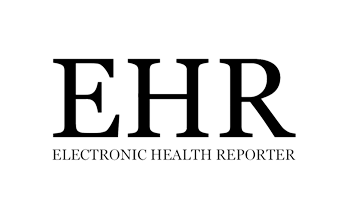
Seegnal eHealth releases Seegnal 9.0, Delivering a New Standard of Care
24/08/2020
Seegnal 9.0 offers groundbreaking clinical insights combined with technological maturity
August 24th, 2020, Tel Aviv – Seegnal eHealth Ltd. is reinventing patient care with its revolutionary, patient-specific digital platform that enables preventing Drug Related Problems (DRPs) at the point-of-care. Today, the company released Version 9.0 of its unique platform, powering cutting- edge capabilities second to none in the healthcare industry. (more…)
Read more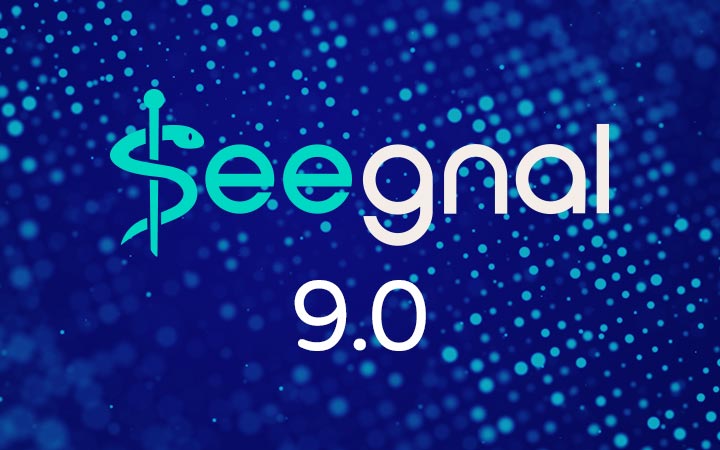
Jefferson, Israel Innovation Authority Announce Companies Which Won a Combined $1 Million to Develop, Test & Pilot Innovative Technologies
19/05/2020
Last February, Thomas Jefferson University and the Israel Innovation Authority (IIA) launched a competition to award a total of $1 million to four Israeli startup companies to develop, test and pilot innovative technologies in the health sector.
Read more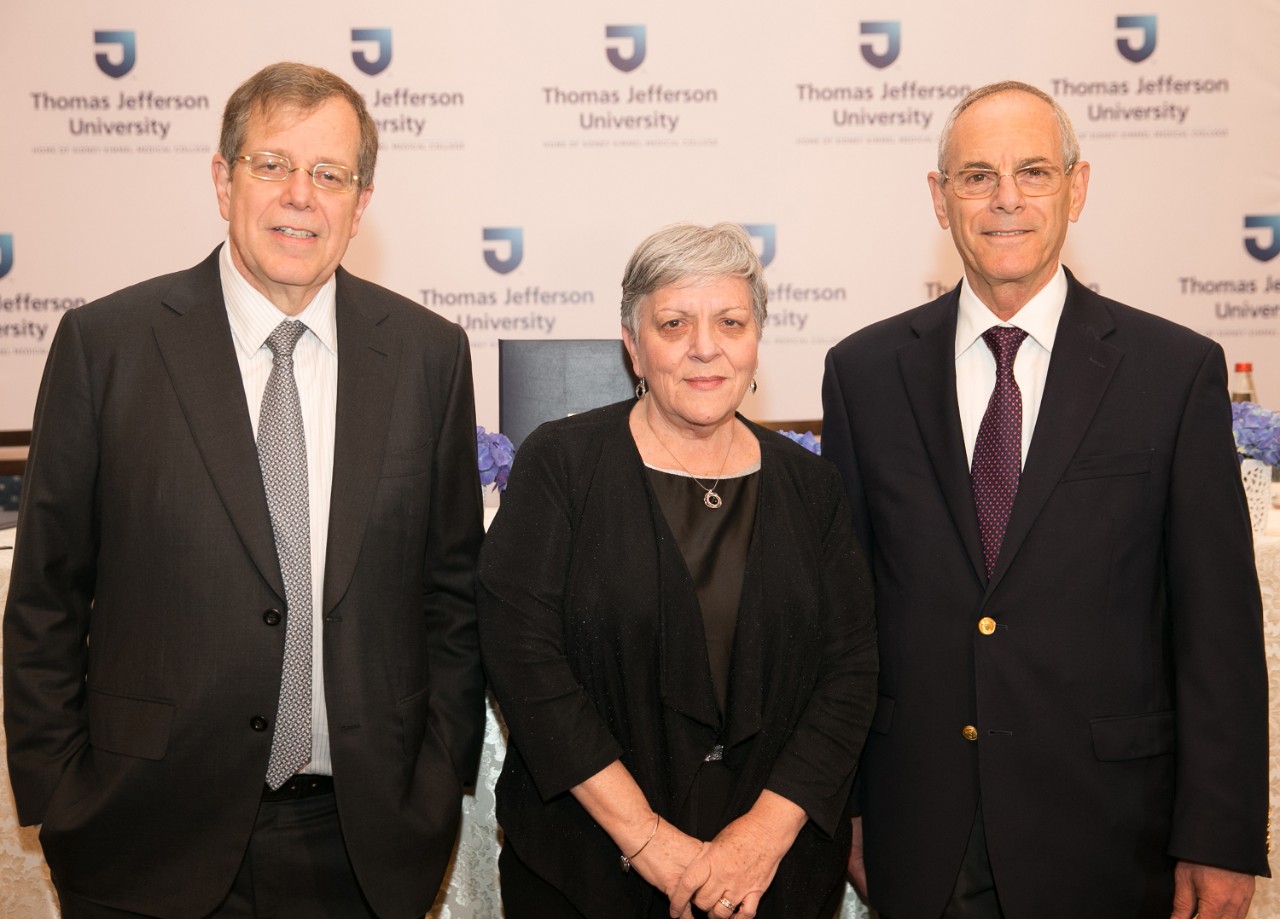
We are facing a data revolution, say experts
19/05/2020
Industry experts from finance, tourism, retail, and healthcare are predicting that post-Coronavirus markets will be more data-driven than ever, says Omri Orgad, Managing Director, North America at Luminati Networks
Read more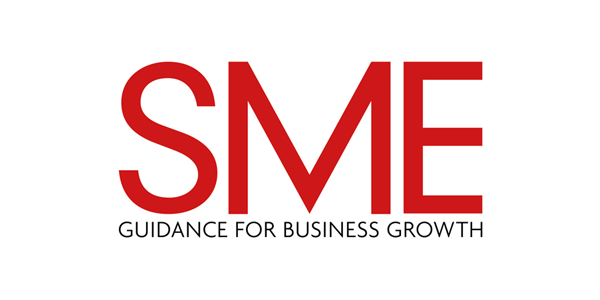
Israel Innovation Authority and Thomas Jefferson University announce the four winners of a joint program valued at a total of $1 million to develop, test and pilot innovative technologies in the health sector
20/05/2020
Winning technologies are expected to help fight the many challenges posed by the outbreak of the COVID-19 (coronavirus) global pandemic
Thomas Jefferson University and the Israel Innovation Authority have announced the four winning Israeli companies in a joint program to develop, test, and pilot impactful technologies, services and devices in the health sector that will help meet unmet medical needs, especially pressing as we face the dire challenge posed by the COVID-19 pandemic.
Read more